
Donator spotlight: Gregory Pagliero
Gregory has been supporting our nonprofit for almost 6 years! We asked him to tell us a little about his motivations and the reasons that…
26 July 2022
Contribute to our daily actions of scientific monitoring, protection of marine protected areas and awareness programs for people internationally.
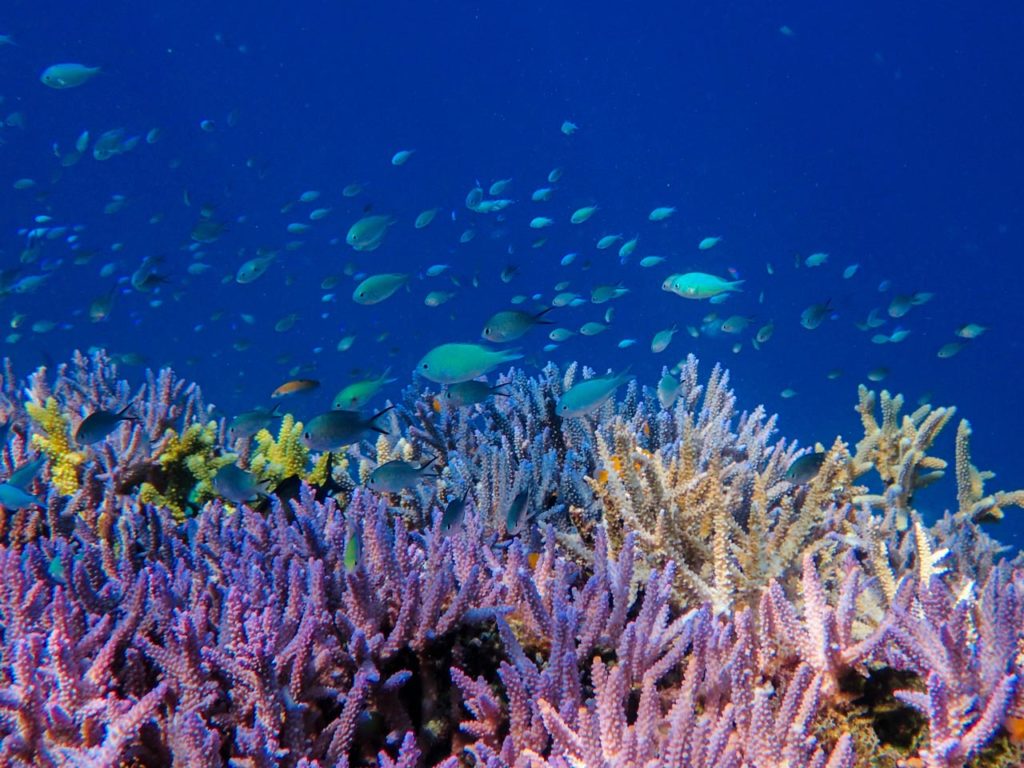
Scientists estimate that coral reefs are home to more than 25% of marine species. Corals are also at the core of the formation of other ecosystems.
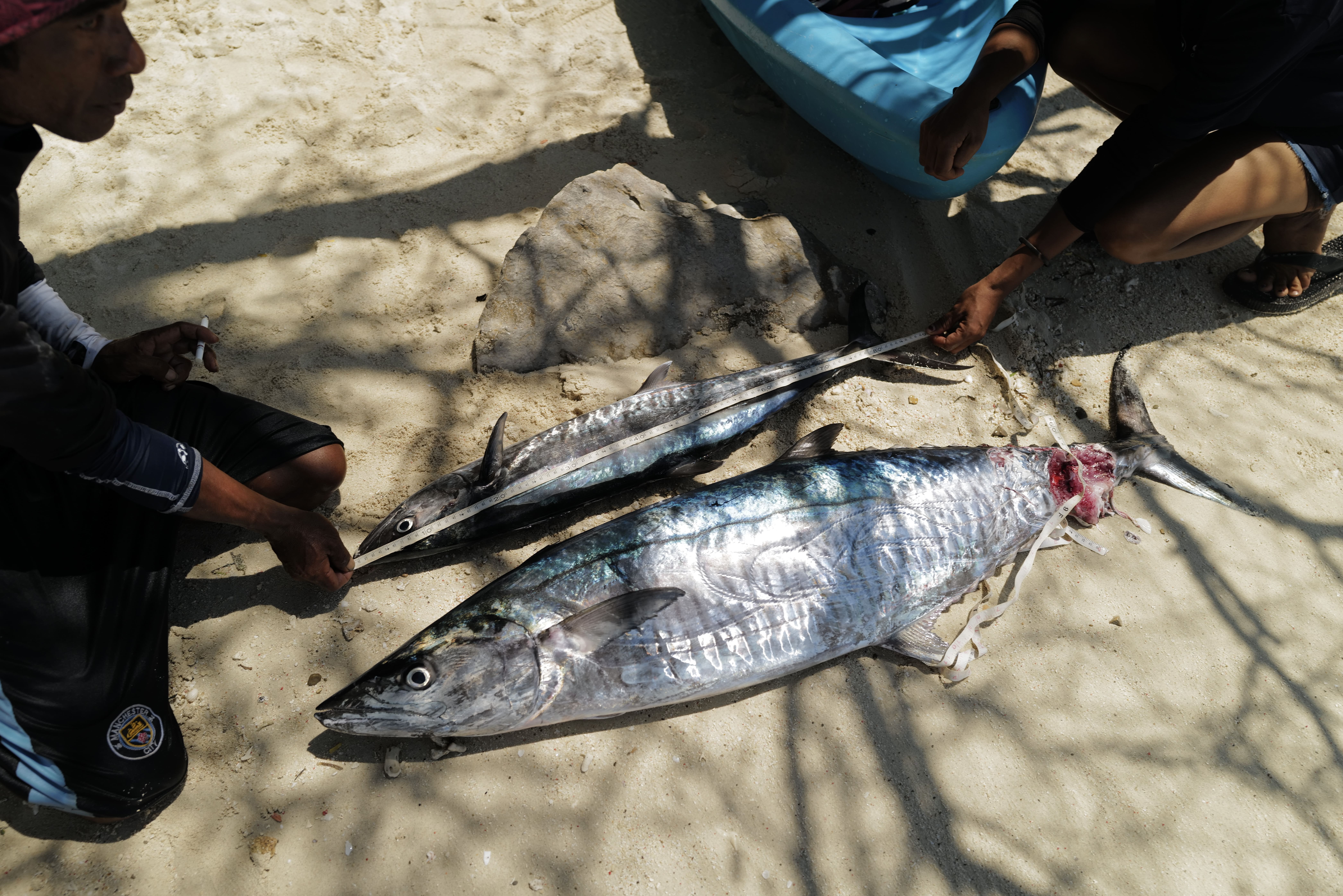
More than 850 million people live within 100 kilometres of coral reefs and are likely to benefit from their ecosystem services. 330 million people directly depend on them. Reefs can yield between 5 and 15 tonnes of fish and shellfish per square kilometre.
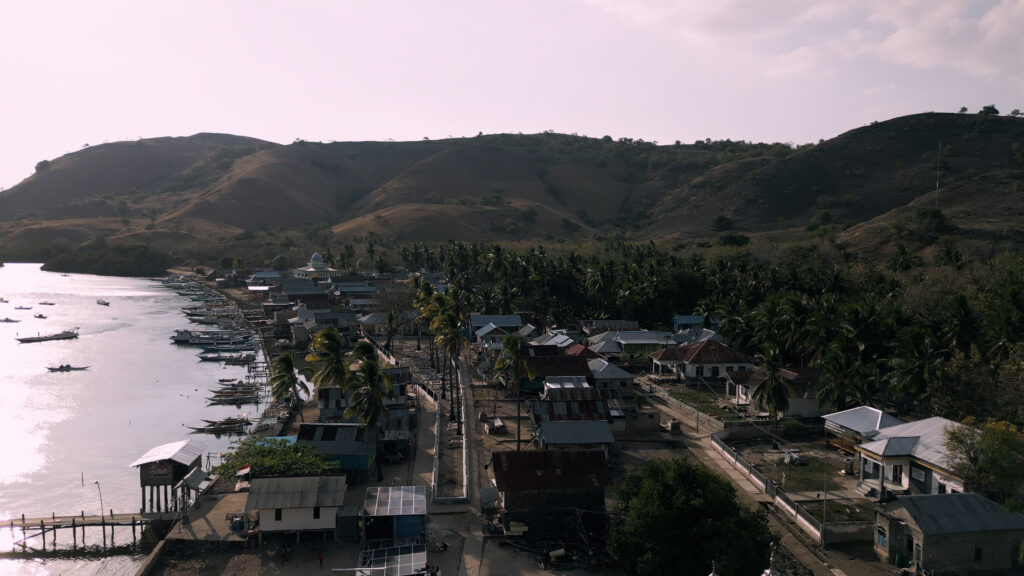
Reefs only cover 0.2% of the oceans. Yet they protect more than 150,000 kilometres of coastline in more than 100 countries and territories. They can form a barrier that absorbs wave energy and thus help reduce coastal erosion.
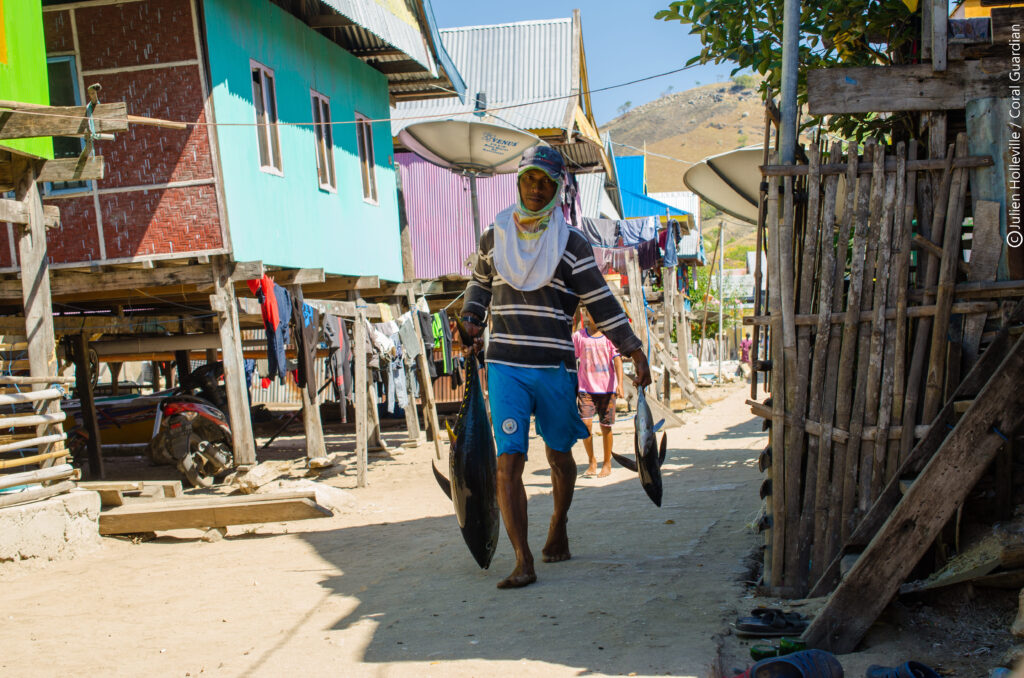
Millions of people around the world depend on reefs for employment. According to an estimate, the total annual net benefit of the world’s coral reefs is $29.8 billion.
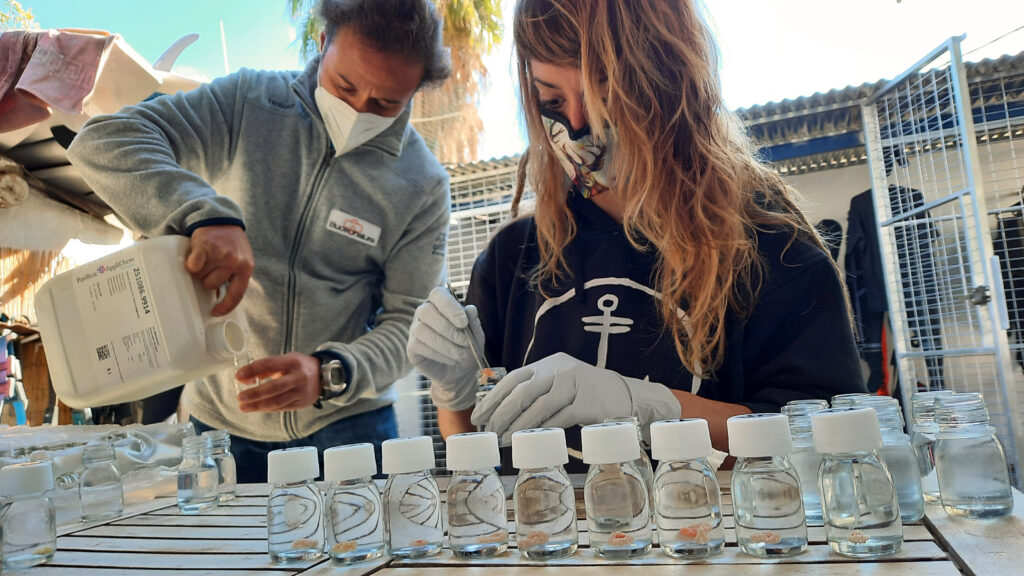
Coral reefs also contribute to research advancements, in particular by providing interesting possibilities for the treatment of various diseases.
 Indonesia
Indonesia
 Spain
Spain
 France
France
 International
International
Pulau Hatamin Coral Sanctuary in collaboration with the local NGO WES: located in the north-west of Flores, next to Komodo National Park in Indonesia; at our request, this area was officially declared “Area of Rehabilitation” in September 2019 by the Indonesian government.
The disruption of the food chain caused by overfishing and dynamite fishing has affected the balance of local, coral ecosystems.
We are collaborating with the NGO Coral Soul on their project in the Mediterranean sea, in the region of Punta de la Mona in Spain.
The project responds to the problem of the degradation of the marine environment in Punta de la Mona, linked to an increase in pollution in the Mediterranean sea. The area has a very rich biodiversity: since the 1980s, the Punta de la Mona area has been declared a natural park. However, despite these protective measures, the area is threatened by human activities and the coral ecosystem are damaged. Our mission will involve a seabed clean-up, awareness-raising programs for locals and tourists, as well as actions to restore the coral ecosystems.
By becoming the first participatory marine conservation project involving local communities in the Mediterranean sea, this project could become a training centre for future coral conservation projects in the Mediterranean region.
Throughout France, and on a global scale, we are developing awareness programs on the importance of coral reefs.
The ocean is responsible for more than 50% of the oxygen we breathe. Coral reefs, in turn, are home to more than 25% of the world’s marine biodiversity. Even if these ecosystems may seem far from our daily lives, we are all affected and it is vital that we protect them.
Everyone has a role to play in protecting the ocean and its ecosystems. If everyone acts on their own, we can try to solve the ecological and social crisis we are currently going through.
The Blue Center is an initiative set up to expand Coral Guardian’s participatory marine conservation model worldwide. Anyone involved in the protection of coral reefs can apply to become part of the Blue Center program and thereby attain advice and support from Coral Guardian.
Coral Guardian believes that, in order to have an effective social and environmental impact in today’s ecological crisis, it must urgently share its knowledge and field-based expertise to as many actors as possible.

Gregory has been supporting our nonprofit for almost 6 years! We asked him to tell us a little about his motivations and the reasons that…
26 July 2022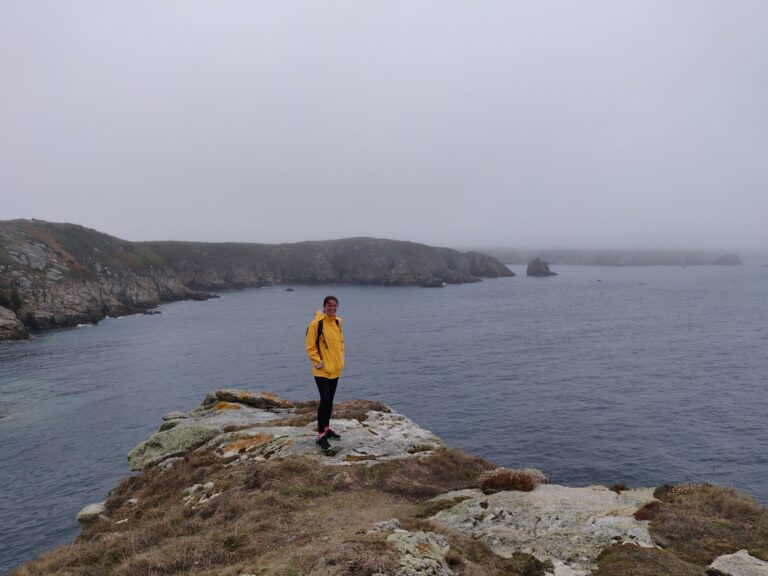
Tell us a bit about yourself 🙂 After graduating a few years ago, I’m now a crime fiction editor. In this job, I have discovered…
17 January 2023